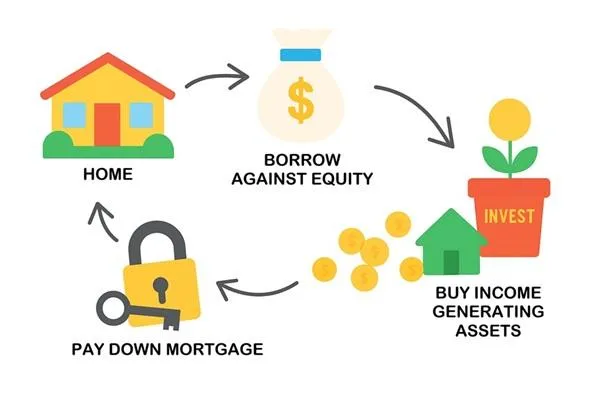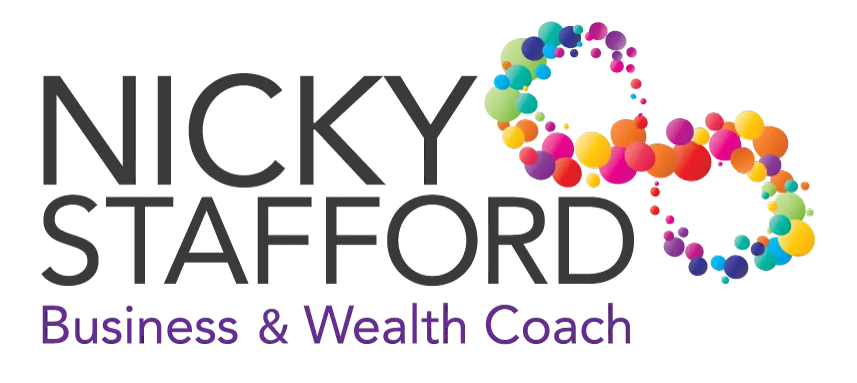ARTICLES
Home / Articles

Debt Recycling Australia: A Guide to Build Wealth Faster
We’re all looking for smart ways to get ahead financially. One strategy you might hear about is debt recycling. It sounds complex, but the fundamental idea is quite simple: you turn your ‘bad’ debt into ‘good’ debt. Let’s break down what it is, how it works, and the things you need to watch out for.
What Is Debt Recycling?
At its core, debt recycling is a strategy where you systematically pay down your home loan (which is typically non-deductible debt) and then redraw those funds to invest in assets that have the potential to produce income, like shares or property.
The magic of this process is that the interest on the money you’ve redrawn for investing can become tax-deductible. This is because the Australian Taxation Office (ATO) generally allows you to claim a deduction for expenses incurred while earning assessable income. So, you’re effectively ‘recycling’ your home loan into a tax-friendly investment loan.
How Does It Work? A Step-by-Step Guide
The mechanics of debt recycling involve a few key steps. It’s vital to set this up correctly to keep your deductible and non-deductible debts separate.
Pay Down Your Home Loan:You start by making a principal payment into your home loan or offset account. For example, let’s say you make a $10,000 lump-sum payment.
Redraw the Funds:You then redraw that same amount ($10,000) from your loan. It is crucial that this redrawn amount is usedonlyfor investing.
Invest:You use the $10,000 to purchase income-producing assets, such as a portfolio of dividend-paying shares.
Claim the Deduction:The interest that accrues on that $10,000 portion of your loan is now generally tax-deductible. You must keep meticulous records to prove the funds were used for investment purposes. Tax savings and dividends can then be used to pay down your non-deductible home loan.
Over time, you can repeat this process, gradually converting your non-deductible home loan into a deductible investment loan and building a significant investment portfolio along the way.
The Main Benefits
Why go to all this trouble? There are two powerful advantages:
A Bigger Asset Base:You’re not just paying off a home loan; you’re simultaneously building an asset base in shares or property. This gives you two assets (your home and your portfolio) growing in value, rather than just one.
Tax Efficiency:By making some of your debt tax-deductible, you reduce your taxable income. This means you’ll pay less tax, freeing up more cash that you can use to pay down your home loan even faster or to reinvest.
A Simple Illustration
Here’s a simplified look at how the numbers might stack up. Imagine you have a $500,000 home loan and $20,000 in savings.
In the second scenario, while the total debt is higher initially, a portion of it is now working for you by funding an investment and providing a tax deduction.
What Are the Risks?
This strategy doesn’t come without risks, and it’s important to be aware of them.
Market Fluctuations:The value of your investments can go down as well as up. If your portfolio performs poorly, you could be left with a large debt and assets that are worth less than you paid for them.
Interest Rate Changes:If interest rates rise, the cost of your investment loan will increase, eating into your returns.
Records Management:Debt recycling requires careful management and good record-keeping. Mixing personal and investment funds can create a mess that’s difficult to sort out, especially with the tax office.
Is It Right for You?
You've seen how debt recycling can accelerate your wealth creation. Now, it's time to see how it can work for you.
Ready to turn theory into action? Book your call with a dedicated wealth coach now and start transforming your home loan into a powerful asset-building engine.
Get Inspired — Join Our Mailing List
Yes, You Can Live a Wealthy Life
You have a coach for your fitness, why not have one for your wealth?
Get started with a free, no-obligation chat.
General Advice Warning
All strategies and information provided on this website are general advice only which does not take into consideration any of your personal circumstances. Please arrange an appointment to seek referral to the correct professional for financial, legal, tax or credit advice before acting on any information contained in this website. Nicky Stafford operates in Infinite Wealth Partners Pty Ltd. ABN: 76 635 869 644 Nothing on this site constitutes specific financial advice
© Nicky Stafford Business & Wealth Coaching 2025.

